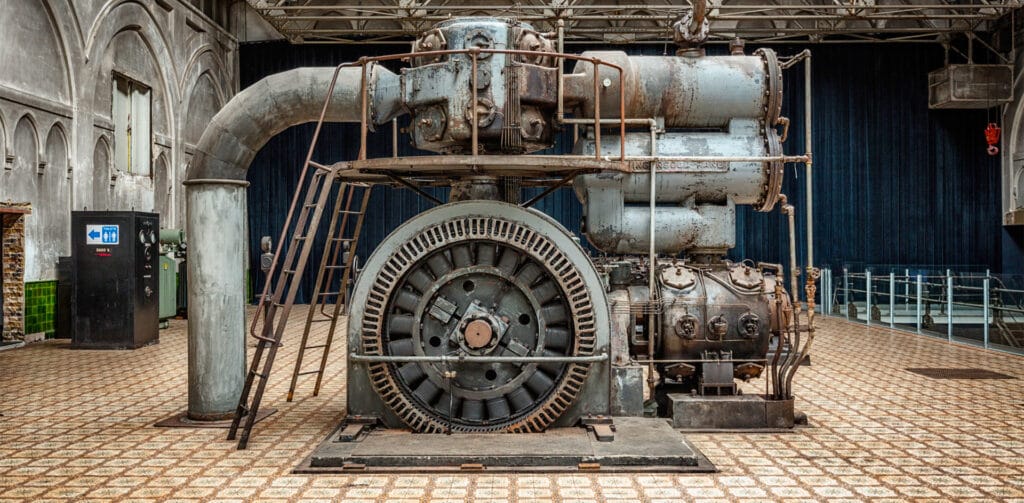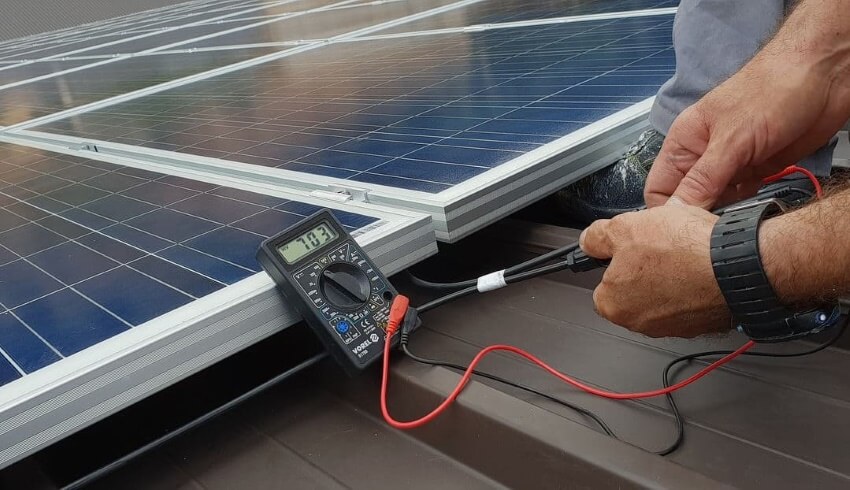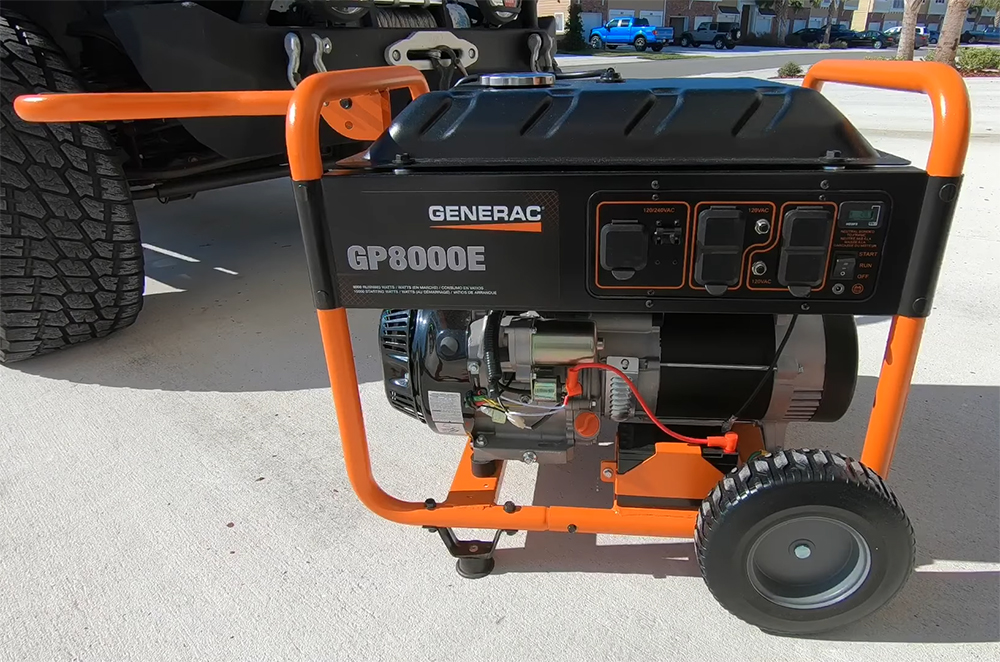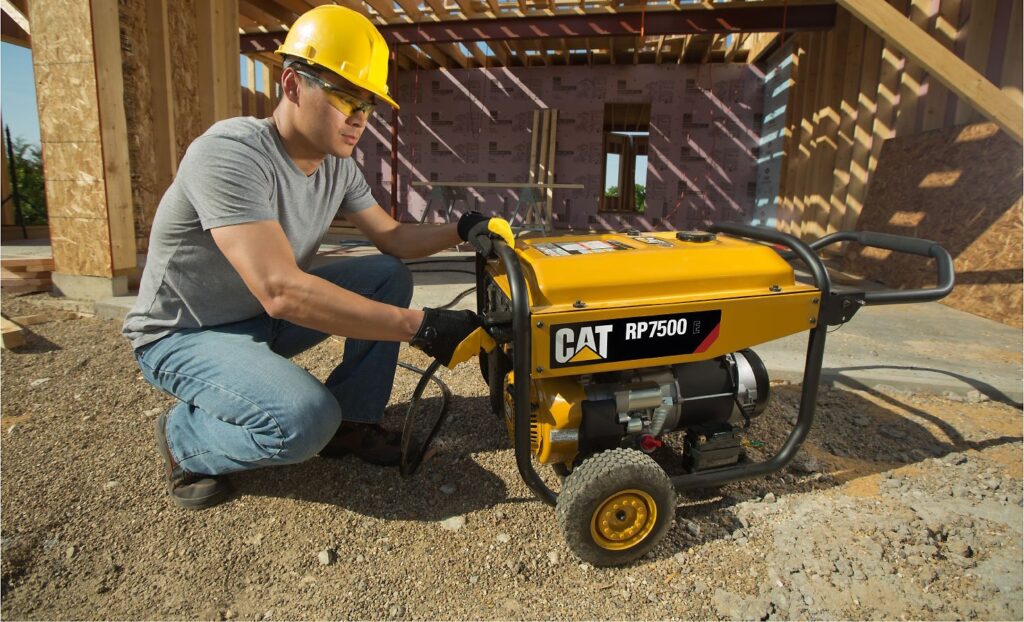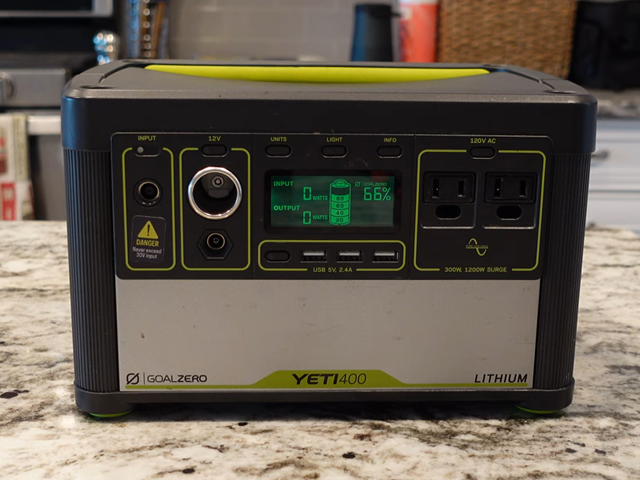
Having a generator available to connect to your home can be a great convenience. While some people choose to permanently connect a standby generator, others may prefer to use a portable generator that is connected to the house or taken along when traveling. Whichever kind of generator you prefer, you’ll want to be sure to know what size generator you need to run your refrigerator and freezer.
You should ensure that your generator provides the power you need for your appliances. Since most people prioritize keeping their food stored at an appropriate temperature, you may find yourself asking, “What size generator do I need to run my refrigerator and freezer?” To determine what size generator can power a refrigerator and freezer, you’ll need to know how many watts you need to run your refrigerator and freezer. The answers to these questions are much easier to find than many people fear.
Since refrigerators and freezers come in a wide range of sizes, the amount of power required to run them also varies widely. A small unit like a mini-refrigerator may only need 250 watts, while larger units can use more than 750 watts. Units that have a freezer with them will use more power than those that are just a refrigerator, and modern units often use less power than older models.
Keep in mind, you will need to have enough power to meet the surge demands of the refrigerator and freezer in addition to the rated watts. While 1000 watts should be enough to run most refrigerators and freezers, it’s unlikely to meet their surge demands. You’ll need considerably more power available than the simple rated-watts.
Ultimately, you should use the wattage listed on your specific refrigerator and freezer. You can find this information in the user manual, owner’s guide, or manufacturer’s tag. While the manual or guide may be forever lost in your junk drawer, the tag should always remain affixed to the back or side of the unit.
Once you find the manufacturer’s information, you may discover that it lists the refrigerator and freezer’s horsepower instead of the wattage. That’s okay! You can enter the horsepower number into an online conversion tool to find the wattage.
Another option to determine how many watts of power your refrigerator and freezer may need is to multiply the volts by the amps required. Both numbers should be listed on the manufacturer’s information.
Today, most refrigerators and freezers are very power efficient. They have low “rated watts,” meaning that they require very little power to keep them running. Remember, your refrigerator and freezer are always on, so they are always using some power. This low-level of constant power is what’s listed as the rated watts.
That isn’t the only power that your refrigerator and freezer will need, though. Think about all the times when you hear the fan or motor kick on. Those draw additional power. The amount of electricity used for this surge of power is called the “surge watts.” While you should look up the exact specifications for your unit by using the owner’s manual, it can be estimated to be three times the rated watts.
You will need a generator that supplies enough power to meet both the rated and surge watts for your refrigerator and freezer. For most household refrigerators and freezers, you’ll want to have a generator that supplies 2200 or more watts. Of course, if you plan to plug in more than just your refrigerator and freezer, you’ll need even more power.
This basic guideline is also just a starting point. You’ll want to take the time to look up the exact requirements for your refrigerator and freezer to be sure that your numbers are accurate. Do not ignore the surge watts requirement.
If you don’t have enough power for your refrigerator and freezer, they will still try to start up. When the power supply isn’t enough to handle the surge, the motor will often end up burning out. At that point, you’ll need an expensive repair or a whole new refrigerator and freezer. It’s worth it to take the time to find the manufacturer’s information and determine the size generator you need for your refrigerator and freezer.
There are some basic steps that you can take to save energy with your refrigerator, too. If your fridge is more than a couple years old, do a quick inspection of the gaskets, or seals, around the doors. This can crack with age and allow cold air to leak out. Replacing these gaskets is a great way to keep your fridge at its best.
You can also check that your fridge is in a well-ventilated area. This will help the motor stay cool, which will allow the fan to run less often. Since the fan is what causes the shift from rated watt power to surge watt power, reducing the need to run the fan can be a big energy saver. Checking the temperature setting on the fridge can have a similar effect; ideally, it should be set between 36- and 38-degrees Fahrenheit.
Be sure to know what you need before you open the door and follow the advice of your elders by not standing in front of an open fridge. A swift in-and-out keeps the refrigerator more efficient.
It can also be worthwhile to chill, or at least cool, your food before moving it into the refrigerator. As you can imagine, it requires more power to cool down hot food than it does to keep cool food chilled.
Having a generator that can keep your refrigerator and freezer running can prevent losing food to spoilage. To gain that benefit, though, the generator will need to have enough power to run the fridge and freezer. This means that you need to know what size generator you need to run your refrigerator and freezer. Use the manufacturer’s guidelines and be sure the generator can handle the surge watt requirements for your fridge.
